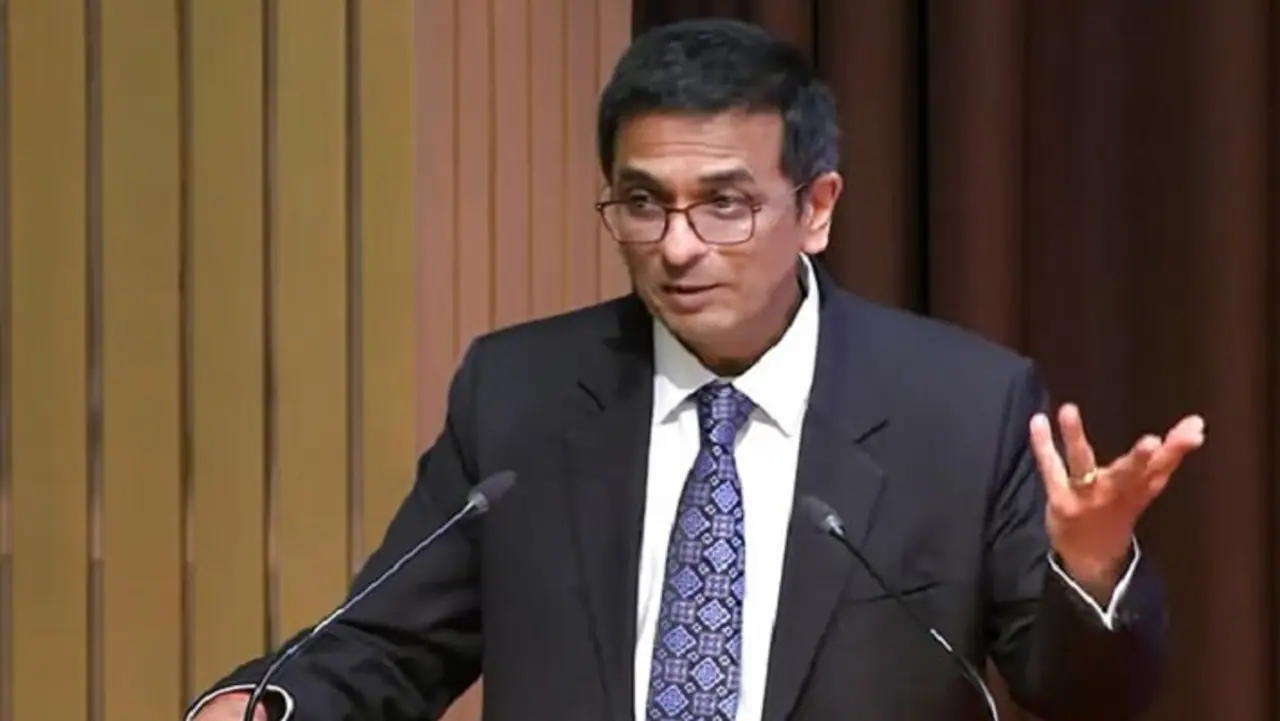CJI DY Chandrachud's last day: Here's a look at his 10 most impactful rulings
Chief Justice of India (CJI) DY Chandrachud will on Sunday (November 10) retire, leaving behind a legacy of landmark judgments that shaped Indian law, strengthened individual rights, and promoted social justice. As he prepares to pass the baton to Justice Sanjiv Khanna on November 11, here's a look back at some of his most impactful decisions:

1. Right to Privacy (August 2017):
CJI Chandrachud ruled that privacy is a fundamental right under Article 21 of the Constitution. This judgment overruled a previous Emergency-era decision, marking a significant step for individual rights in India.

2. Striking down Section 377 (August 2018):
The Chief Justice of India was part of the bench that decriminalised homosexuality. This ruling recognized LGBTQ rights as fundamental and was a major milestone in Indian law on non-discrimination.
3. Women's entry to Sabarimala (September 2018):
CJI Chandrachud joined the majority that lifted the ban on women aged 10-50 from entering the Sabarimala temple in Kerala, citing gender equality and religious freedom.
4. Decriminalisation of adultery (September 2018):
A five-judge Constitution Bench, ruled that adultery is not a criminal offense, striking down Section 497 of the IPC as unconstitutional for violating equality rights.
5. Electoral bonds case (February 2024):
CJI Chandrachud ruled against the Centre's electoral bond scheme, calling it unconstitutional due to a lack of transparency in political funding.
6. Delhi government vs. Lieutenant Governor (May 2023):
CJI Chandrachud ruled that the Delhi government has control over bureaucrats in the administration of services, except for areas outside its legislative powers like public order, police, and land.
7. Hadiya case: Right to marry (April 2018):
Justice Chandrachud highlighted personal liberty in the Hadiya case, supporting the right to marry a person of one's choice under Article 21.
8. Private property ruling (November 2024):
In a significant ruling on private property, Justice Chandrachud clarified that not all private property can be deemed a "material resource of the community" for redistribution under Article 39(b), protecting individual property rights.
9. Ram Mandir verdict (November 2019):
CJI Chandrachud delivered a unanimous decision to allot the disputed Ayodhya land for the construction of a Ram temple, with an alternate site provided for a mosque, resolving a long-standing religious dispute.
10. Arnab Goswami bail (November 2020):
In an abetment to suicide case, Justice Chandrachud granted interim bail to journalist Arnab Goswami.
Stay updated with the Breaking News Today and Latest News from across India and around the world. Get real-time updates, in-depth analysis, and comprehensive coverage of India News, World News, Indian Defence News, Kerala News, and Karnataka News. From politics to current affairs, follow every major story as it unfolds. Get real-time updates from IMDon major cities' weather forecasts, including Rain alerts, Cyclonewarnings, and temperature trends. Download the Asianet News Official App from the Android Play Store and iPhone App Store for accurate and timely news updates anytime, anywhere.